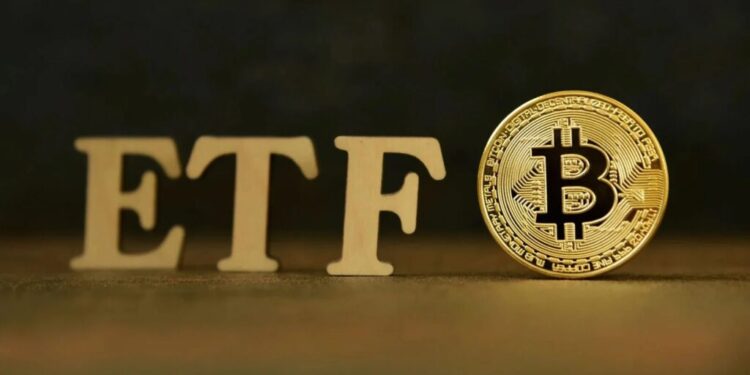This article explores the concepts of Bitcoin exchange-traded funds (ETFs), delving into the differences between Bitcoin Spot ETFs and Bitcoin Futures ETFs, and highlighting the significance in making cryptocurrency investments more accessible to mainstream investors.
Bitcoin ETFs, short for Bitcoin exchange-traded funds, are currently generating significant excitement within the cryptocurrency community. These investment products are often regarded as the next breakthrough, akin to the holy grail of crypto investing.
Leading financial giants such as Blackrock, WisdomTree, Invesco, Valkyrie, VanEck, and Fidelity Digital Assets have all sought regulatory approval for the creation of Bitcoin Spot ETFs. However, the US Securities and Exchange Commission (SEC) has thus far declined or have been delaying these applications.
In this article, we will explore the concept of Bitcoin ETFs, differentiate between spot and futures ETFs, and delve into why crypto spot ETFs are viewed as a critical milestone in the evolution of the crypto landscape.
What is an ETF?

“ETF, which stands for Exchange Traded Fund, is simply a sophisticated term for a financial product that investors can incorporate into their overall investment portfolio.
Let us break down the words “Exchange Traded Fund.” Starting with the word “fund,” picture a traditional stock as representing ownership in a single company, like Apple, Google, or Amazon. Now, with an ETF, envision a fund that encompasses shares from all three of these companies, essentially forming a diversified basket of tech stocks.
Now, onto the “exchange traded” aspect. An ETF is listed on an exchange, which means it is accessible to retail investors—allowing us to buy, sell, and trade shares of this basket of stocks. In essence, it offers us exposure to all three companies without the need to individually purchase their stocks.
What is a Bitcoin Futures ETF?
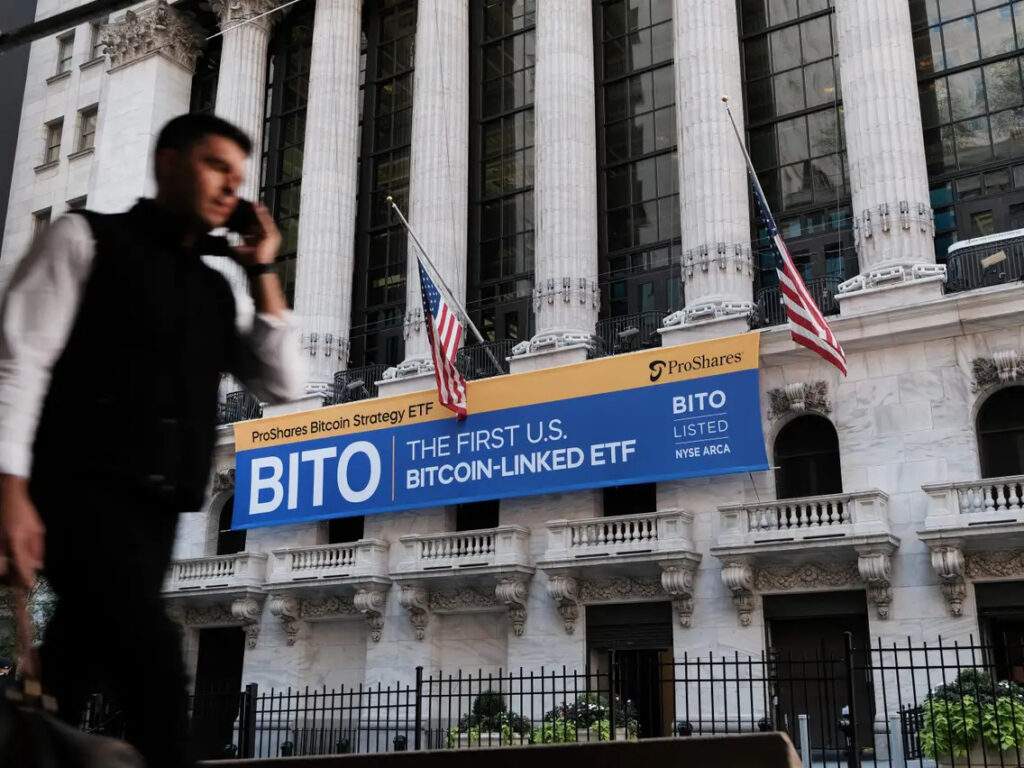
In the context of ETFs, ‘futures’ specifically refer to futures contracts. These contracts are essentially agreements between a buyer and seller to exchange a predetermined amount of an asset on a specified future date at an agreed-upon price.
So, when we talk about a Bitcoin Futures ETF, we are discussing a fund that holds contracts tied to the price movements of Bitcoin. It is important to note that this type of ETF does not hold actual Bitcoin.
This innovation is particularly significant because it provides large institutional investors, who might still be navigating regulatory hurdles to invest directly in Bitcoin.
Short Bitcoin ETF
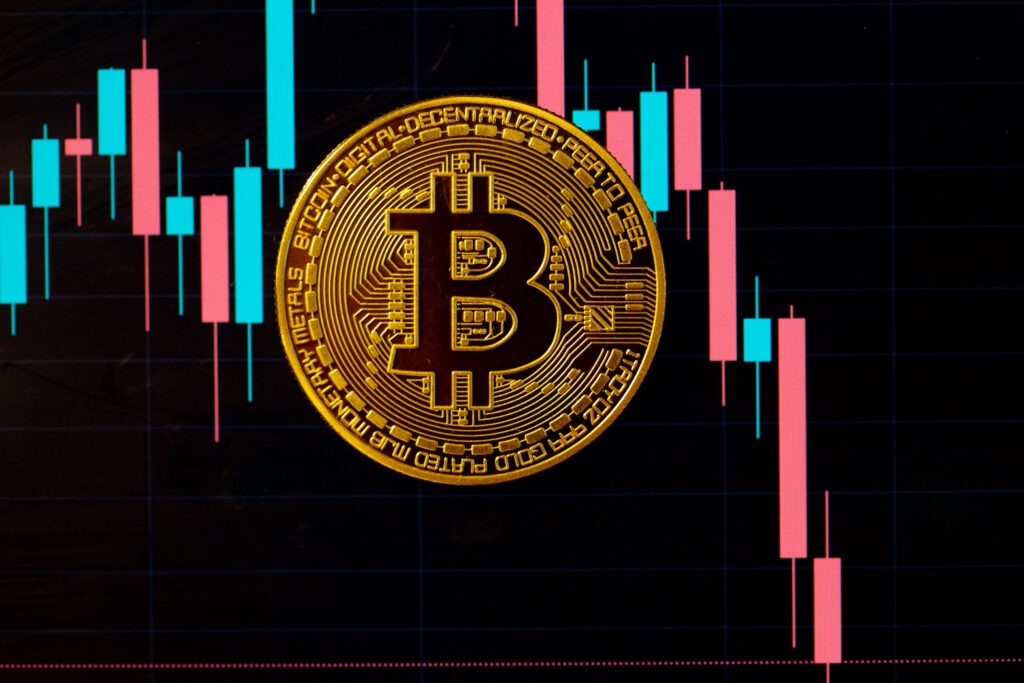
A short Bitcoin ETF, more commonly referred to in the financial world as an ‘inverse ETF,’ serves as a fund intentionally crafted to profit from a decline in the value of Bitcoin. Investors employ this type of ETF to safeguard and hedge their overall investment portfolios, and operate in a manner akin to taking a short position on an asset’s future price, but without the necessity of maintaining a margin account, which is typically obligatory in short trading.
Bitcoin Spot ETF

The term ‘spot’ or ‘spot price’ denotes the prevailing market price. Therefore, a spot Bitcoin ETF is a fund that permits investors to purchase or sell Bitcoin at its current market price.
This ETF actively engages in buying, selling, and holding Bitcoin, effectively enabling investors to own Bitcoin without the responsibility of managing it through their own cryptocurrency wallet, acting as a custodian.
Why is This a Big Deal?
A significant portion of investors possess substantial wealth tied up in their traditional financial and retirement accounts, managed by major financial institutions like BlackRock, Fidelity, Charles Schwab and many more.
A spot Bitcoin ETF presents a regulated and stable avenue for these individuals to incorporate Bitcoin price exposure into their investment portfolios and could potentially unlock an influx of capital that has remained on the sidelines, awaiting regulatory clarity.
The SEC’s approval of a spot Bitcoin ETF would offer the necessary clarity for individuals, institutions, and retirement account providers, making it considerably easier to invest in Bitcoin through traditional stock markets.
Presently, acquiring Bitcoin involves setting up accounts with dedicated crypto IRA providers or crypto exchanges, which might not appeal to many individuals with retirement accounts, especially given regulatory uncertainties and security concerns associated with these platforms.
Furthermore, potential investors would also need to navigate the complexities of establishing and managing their own cryptocurrency wallets, a task that can be daunting for older individuals with substantial investments. Therefore, a spot Bitcoin ETF is designed to simplify Bitcoin investments, eliminating the need for these additional security procedures by entrusting custody of the Bitcoin to the fund.
Why’s The SEC Have Not Approved Any Spot ETFs?
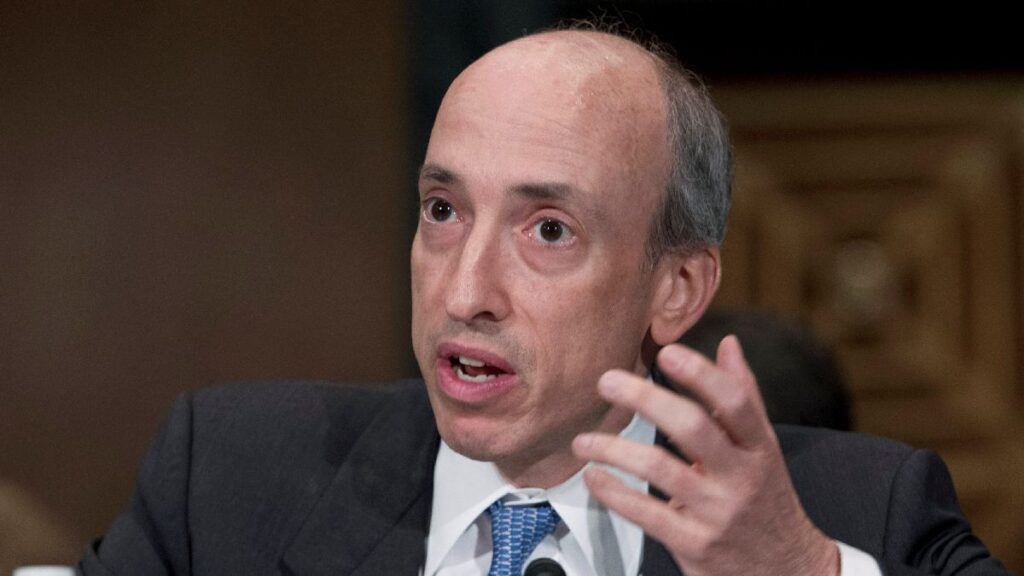
The SEC’s stance seems to be allowing investors to engage in complex, derivative-based bets on Bitcoin’s price movements, which can carry higher risks and potentially contribute to market volatility. Yet, the regulatory body has not yet granted the green light to a simple and transparent investment method that would enable investors to participate in the actual ownership of Bitcoin at its current market price.
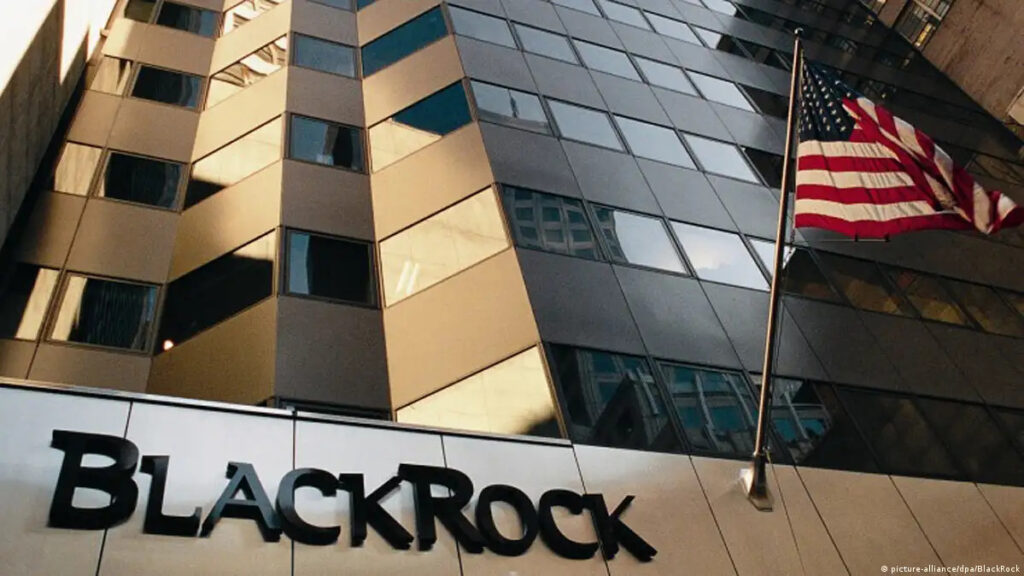
Looking back at the situation in June 2022, it appeared that the regulatory agency might have been waiting for its traditional banking partners to position themselves for entry into the spot Bitcoin ETF market before giving its approval. The involvement of industry giants like BlackRock, renowned as the world’s largest asset manager, and other Wall Street powerhouses added substantial weight to the regulatory equation.
Final Thoughts
Bitcoin ETFs represent a significant step toward making digital assets more accessible to mainstream investors. While Bitcoin Futures ETFs and Short Bitcoin ETFs have already secured regulatory approval, the spotlight remains on Spot Bitcoin ETFs.
The future of Bitcoin ETFs will likely continue to be a subject of great interest, with potential implications for the broader cryptocurrency market. As regulatory clarity evolves, investors and institutions alike eagerly await the next chapter in this crypto investment saga.


